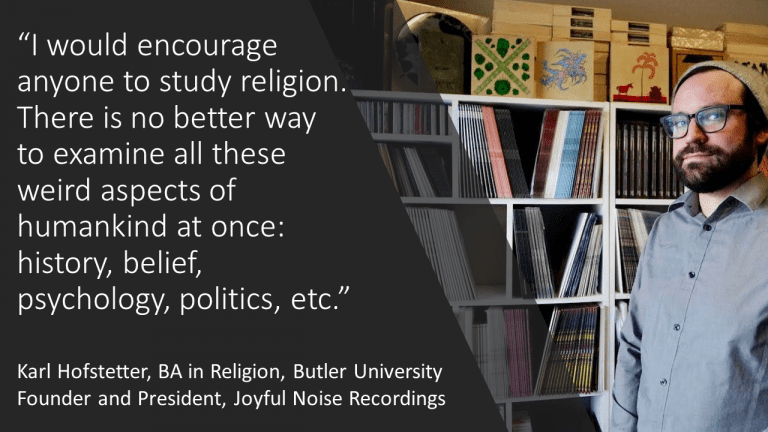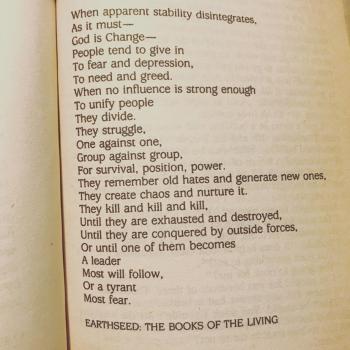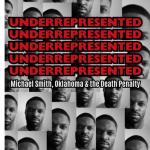First things first: Why study Religion or Religious Studies at a college or university at all? What even is Religious Studies? Don’t worry, that’s where we’ll start, after one key preliminary. This article isn’t about why you should study religion and nothing else. If you want to do that, by all means do so. In addition to the many careers that have an obvious connection to religion, the truth is that you can do almost anything with a degree in religious studies.
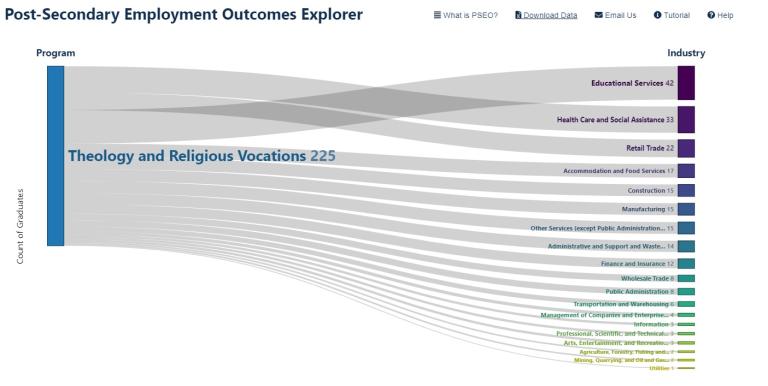
Religious studies is just one subset of the Humanities, the areas of study that include things like history, literature, culture, and values. If you find all those things interesting, religious studies is one of several fields in which those things and more intersect.
If you think about some of the programs that have grown by leaps and bounds in recent years (such as business, marketing, management, engineering, and computer science), they are very much focused on skills, but all too many students do not think about what they are going to do with those skills.
Take marketing. What are you going to market, and how? To market something effectively requires not just the skills of creating ads, posters, and commercials. You need to connect with people using symbols that resonate with them. You need to take familiar tropes and play with them in ways that make people laugh and in the process remember your product. If you want to create computer games there are key elements of storytelling and mythology in addition to writing code. Or take business. What kind of business? If you just want to be quickly employed after graduation and then eventually replaced with another new graduate who is fresher and more up to date in a few years, then fine. If you want to be the CEO, to be the person who invents a new product, then you need creativity, historical knowledge, and ideally some consideration of ethics as well. Take a look at what inventors and corporate leaders majored in.
Why Double Major?
So by all means do something in business or STEM. Just do something else as well. If nothing else, studying something like religion will give you the skills you need to be not just employable but promotable. You’ll learn about other cultures, and leaders in the corporate world more and more need to interact across cultural differences. You’ll be able to navigate the increasing religious diversity in the workplace and avoid making some major faux pas in relation to the religious sensibilities of others. You will learn about navigating difficult decisions and working with other people. You will also, as a broadly educated individual, have the flexibility to cope with changes within your field or even the need to transition beyond it.
It is true that those who have highly technical skills tend to earn more. Not everyone is focused on that, and hopefully you’re not exclusively focused on that. Many people become wealthy but don’t live lives they find fulfilling. Pondering big questions of meaning and value, enriching your life with literature and music as well as spirituality and ethics, all contribute to having a well-rounded life that you are more likely to find brings satisfaction as well as the earnings you need to live comfortably.
Indeed, those who don’t think deeply about such things often find that no amount however big is enough to live comfortably. It is possible to be satisfied with little or unsatisfied with abundance if you haven’t explored what is valuable to you. You can sacrifice time with family in order to earn enough to enjoy retirement, only to discover that the family relationships have broken down so much that the final years are bitter.
To be sure, studying religion (or philosophy or literature or history or anything else) doesn’t guarantee that you’ll live a life of purpose that you find rewarding. It just focuses on those skills and maximizes your chances. Just as studying business doesn’t guarantee success in business, studying questions of meaning and purpose doesn’t guarantee you will answer them well. It just increases the likelihood that you will be successful as you pursue these things.
When it comes to religious studies on its own, it would be easy to imagine that your actual earnings would be lower than in any other area. In fact, it is no different than a field like education. Most people pursue the study of education because they want to do something they think will be rewarding, that will make a positive impact on others. Here is some census data from another state in the Midwest (since they didn’t have it for Indiana, but comparing lots of other states the data is all similar):
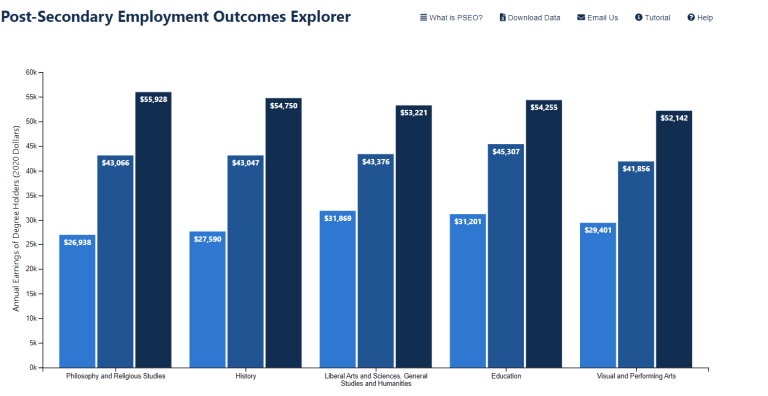
What it is hard to get clear data on is how much people earn who study STEM alone, Humanities alone, and both STEM and Humanities. I have seen lots of anecdotal evidence that the third category outperforms both, but I would like to find clear data and those organizations that aggregate and share data like this tend not to indicate the various double majors, majors plus minors, and so on. Some programs of study formally bring these things together under headings like Digital Humanities in which you might use computer science and data science skills to study texts, or use web development skills to disseminate the results of your research.
Why Butler University?
That’s why I am recommending not just study in my field of religious studies, but studying this at Butler University where I teach. This is not a purely self-serving attempt to attract more students to my own institution. In an era when many universities and colleges are eliminating programs in the Humanities, Butler truly values these things.
Butler also deliberately makes it straightforward to double major, that is to say, to major in two different things. My son studied at Butler and had a great experience. He majored in computer science and music composition. He has been gainfully employed in the former field since before he graduated, but the latter is his passion and had he not been able to pursue that as well, he would not be as satisfied with what he is doing.
In my program at Butler University the professors are scholars as well as fantastic classroom educators. We are people who genuinely value both. That’s what drew us to Butler and that’s what keeps us here. We are people that could be working with PhD students at a major research university and earning more money. If you go to a big state school as an undergraduate, few if any of your classes will be taught by those major scholars. It is the PhD students who get to work closely with them. Here at Butler you’ll have small classes and personal interaction with leading experts. As a small program, I and my religious studies colleagues are also happy to talk to prospective students and have time to do so.
So if you’re thinking about studying anything I would encourage you to take a close look at Butler University and then to apply. Talk to me or one of my colleagues first if that would be helpful. Ultimately, while we’ll be delighted if Butler is the right fit for you, we’ll be happiest if you find both a place to study and majors and minors that suit you and help you pursue the aim of living a life that you’ll find meaningful and rewarding. If we can help you with that, get in touch and let us!
Let me end with a meme I made featuring a quote from one of our Butler University graduates who majored in religion: Karl Hofstetter, founder of Joyful Noise Recordings.
